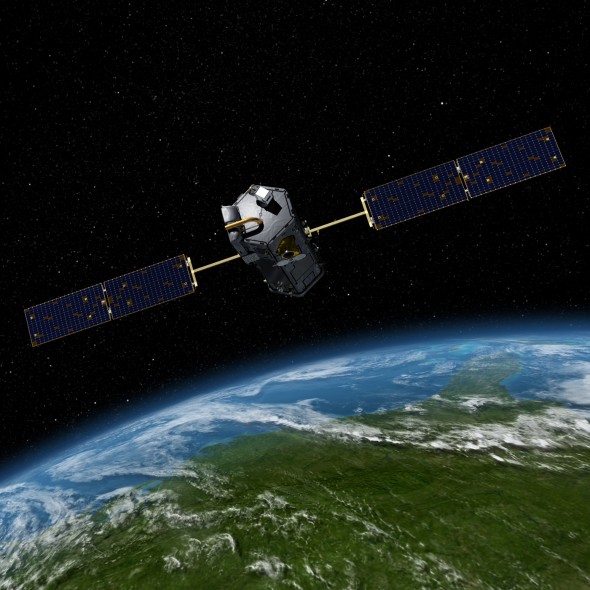Top White House Economist: AI Isn’t Going to Steal Jobs
Top White House Economist: AI Isn’t Going to Steal Jobs
What really worries him is that we don’t have enough artificial intelligence yet.
President Obama’s top economic advisor, Jason Furman, is not worried that robots are going to take our jobs. When it comes to artificial intelligence, his biggest worry at the moment is that we don’t have enough of it.
Discussions about the future of AI tend to split economists into two camps. Some see a continuation of what we’ve seen before: new technologies emerge and change the way we do business, and ultimately the economy adapts. Others say AI is going to change the rules of economics, and that robots will create large-scale unemployment and inequality by replacing human jobs. “I’m firmly in that first camp,” Furman said today while addressing a technology conference in Washington, D.C.
 Jason Furman, chairman of the White House Council of Economic Advisors, addressing reporters in 2013.
Jason Furman, chairman of the White House Council of Economic Advisors, addressing reporters in 2013.
Productivity growth is lagging in the United States and other advanced economies, and participation in the labor force is shrinking among key groups, particularly men aged 25 to 54. Still, Furman does not think new technologies are destined to produce unprecedented unemployment and inequality.
People have worried for decades that machines will take their jobs. But as we’ve seen before, he said, what really happens is that machines make people richer, and richer people spend more money. Some jobs get replaced, but new ones are also created to supply goods and services that people want to buy with their additional money. “I see no reason to think this time is going to be any different,” said Furman.
That’s not to say the growth of artificial intelligence won’t create unique challenges, though, and government has a crucial role to play in making sure its benefits are realized in society in a fair and secure way, said Furman. Low-skilled workers are particularly at risk of losing their jobs to robots. Biased algorithms—for example, in law enforcement—could lead to unjust outcomes.
But these problems will not require a new economic solution like a universal basic income, said Furman. Instead, his most urgent concern is that we need more AI, which today is making a difference in only a small portion of the economy. He says a bigger role for AI depends on more basic research and development, which the government is in a unique position to support.

Leave a Reply